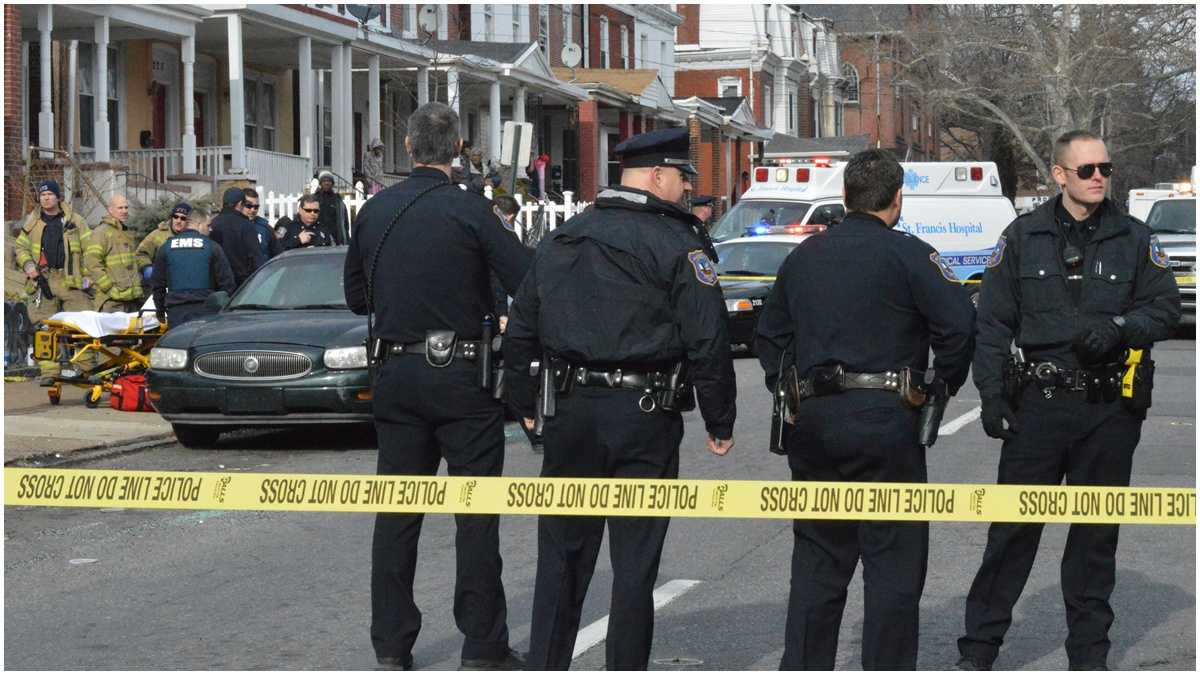Senate bill protects Delaware law enforcement, first responders from hate crimes

(Shirley Min/WHYY)
Delaware legislators are aiming to update the hate crimes law to protect law enforcement and first responders.
Delaware legislators want to protect law enforcement and other first responders by adding these occupations to the state’s current hate crimes law.
The legislation introduced by State Sen. Colin Bonini, R-Dover, would create additional protections to law enforcement and first responders if they were attacked solely based on their occupation.
“If you were targeting someone because of the duties they perform I think it qualifies similar to other hate crime legislation we have, in that, ‘Hey that is an additional factor in the crime you’re committing and you should be punished to commensurate that’,” Bonini said.
“The additional motivation is what we’re talking about, and I think those who protect us on daily basis deserve at least as much protection as other groups.”
Currently, an individual can be charged with a hate crime if they attack an individual or individuals exclusively on their race, religion, color, disability, sexual orientation, gender identity, national origin or ancestry.
Offenders can receive between one and 15 years in prison depending on the crime, and a $2,300 fine.
Bonini’s bi-partisan legislation, co-sponsored by Brian Pettyjohn, R-Georgetown, would add law enforcement officers, firefighters, emergency medical technicians, paramedics, fire police officers, fire marshals, correctional officers, sheriffs, public transit operators and code enforcement officers to that list.
Law enforcement and first responders can be in plain clothes for the law to apply, but like any other incident, there has to be proof the attacker identified the victim as that particular group.
“The anti-law enforcement national narrative is exactly the wrong message, and I think the overwhelming majority of Delawareans and Americans believe that as well,” Bonini said.
“But it’s also common sense—these are people in high-risk, high-profile professionals that could be easily targeted. We want to discourage people from targeting these people.”
WHYY is your source for fact-based, in-depth journalism and information. As a nonprofit organization, we rely on financial support from readers like you. Please give today.





